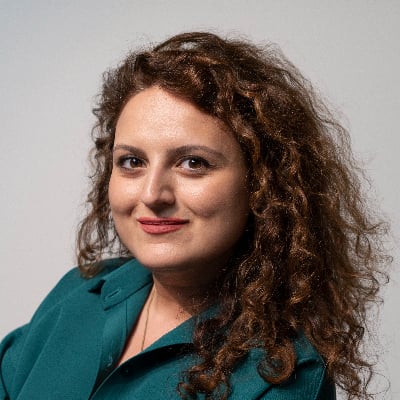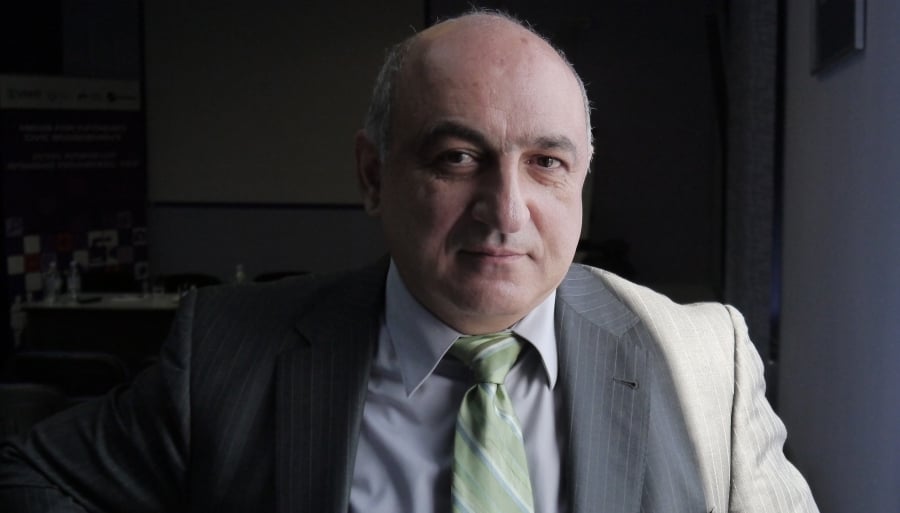The draft amendments to the Law on Mass Media in Armenia were discussed during a plenary session of the Venice Commission, which provided its observations on the proposed changes. This draft law was developed by the Ministry of Justice, the National Assembly, and various journalistic non-governmental organizations. After revisions, the draft will be submitted for public discussion. Media.am spoke with Boris Navasardyan, president of the Media Ethics Observatory, about the draft law and the feedback from the Venice Commission.
Mr. Navasardyan, before discussing the proposals from international experts, I would like to briefly present the planned changes to the Mass Media law.
The process of modernizing the law On Mass Media is quite broad and involves several areas of focus. Currently, the primary emphasis is on developing self-regulation systems within the media landscape in Armenia. This process entails recognizing self-regulatory organizations, identifying ways to incentivize media outlets that are part of these organizations, and creating mechanisms that support the successful implementation of these changes.
The law stipulates that any media outlet has the freedom to choose the form of self-regulation it deems most suitable. The only requirement is that the established code of conduct and operational procedures must adhere to international standards and best practices.
Joining self-regulation structures or the field of self-regulation will be based solely on the voluntary principle.
Media that choose not to join the self-regulation system will continue their work as they currently do, meaning that the rights and freedoms of journalists and media will remain unrestricted.
Media outlets that commit to following established ethical standards, along with accountability and responsibility mechanisms, will have the opportunity to benefit from the incentives provided by the state.
During the initial discussions of the project, there was considerable uncertainty regarding how the state would encourage media outlets to join the realm of self-regulation. Are there any updates on this matter now?
The bill specifies that state support programs consider whether media organizations operate within a self-regulation system. This criterion will also apply in court cases. Additionally, some liberalization mechanisms are planned for media outlets that commit to extra obligations and adhere to ethical codes of conduct that align with international standards.
Joining the self-regulatory system will simplify the accreditation process. Media outlets and journalists who opt for self-regulation will have the guaranteed right and opportunity to receive accreditation. Those who choose not to join this system will still be able to participate in the accreditation process under the current procedures.
After reviewing the draft law, what observations and recommendations did the Venice Commission make?
The Venice Commission views the addressing of ethical issues as a positive step. However, the expert statement indicates that some definitions are ambiguous and require clarification. Our international partners have recommended that we clarify certain definitions, such as who qualifies as a journalist, what constitutes media, and how we should recognize the emergence of new media types in today’s information landscape.
We are currently working on these proposals, and some concepts still need clarification. For instance, a clear definition of what constitutes a journalist should be provided, along with an understanding of how this definition applies to bloggers and other social media influencers. Considering the implications of evolving technologies in this context is also crucial.
According to the project, any individual or organization that distributes information of public importance and meets the public’s demand for information will be regarded as operating within the same legal framework. No distinction is made between the subject’s format, whether it is a newspaper, blog, television station, or any other type of information provider. Every information-providing entity should be granted the same rights and obligations. They can also become part of the self-regulation system and enjoy all the privileges. For instance, a blogger can present their editorial policy and code of ethics. If these align with the standards, they will be granted permission to join the self-regulation system.
Aside from clarifying concepts, were there any additional suggestions?
The experts from the Venice Commission recommended clarifying the relationship between self-regulation systems and the state regulatory body. For instance, they suggested specifying how the Media Council, which will oversee the recognition and compliance verification of future self-regulatory structures, will be funded.
A proposal has been made to implement a separate approach for foreign media operating in Armenia. We have concerns regarding this idea because journalists and media will function in a common environment. How appropriate is it to establish different conditions specifically for foreign media?
Can we discuss deadlines and anticipate the final version of this project, which has been in discussion for almost three years?
I believe that by the middle of December, we will have completed these changes and will be ready to present the final version of the project to the public.
As the information environment becomes increasingly broad and accessible, we recognize that protecting public information requires self-regulation mechanisms that both the state and international organizations acknowledge. While we understand that it is not feasible to regulate everyone equally, it is crucial to establish a segment of media and organizations within the information environment that the public can trust.







